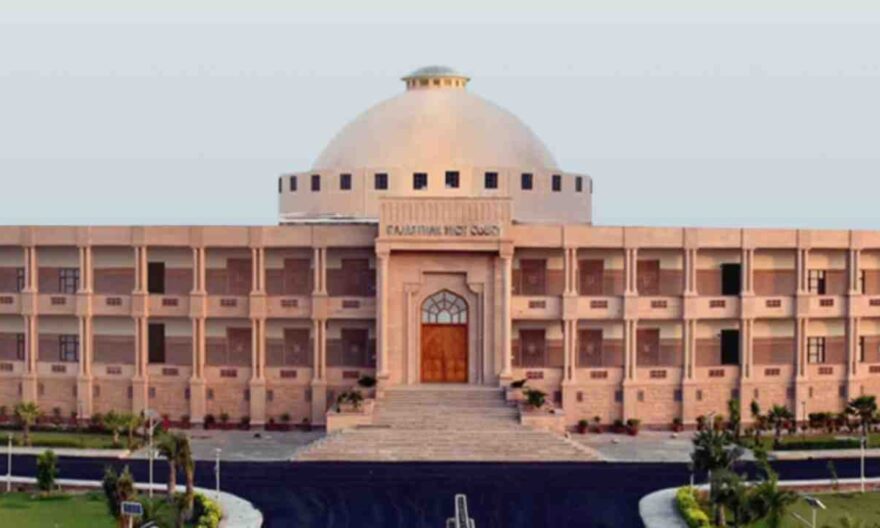
The Rajasthan High Court recently termed the denial of employment as an Anganwadi worker to an unmarried woman as illegal and arbitrary, highlighting a new form of discrimination.
Strongly objecting to the Department of Women and Child Development’s requirement that applicants for the position of Anganwadi workers must be married, a single bench of Justice Dinesh Mehta directed the respondents to process the petitioner’s application within four weeks.
The court deemed the condition mentioned in the employment advertisement as “ex facie illegal, arbitrary, and contrary to the very principles of the Constitution.”
The petitioner, Madhu Charan, approached the high court after being verbally informed at the Anganwadi Center in Gudi, Barmer district, that she was ineligible for the position due to her unmarried status.
Yashpal Khileree, counsel for the petitioner, argued that Charan was denied employment solely because she was unmarried. He contended that the condition was entirely irrational, discriminatory, and a violation of her fundamental rights.
In defense of the department’s decision, the defense counsel claimed that if a candidate, after being appointed as an Anganwadi worker or helper, were to get married and move to her marital home, it would adversely affect the center where she was initially assigned.
Dismissing the defense’s arguments, the court noted that the respondents had introduced a completely new dimension of discrimination by introducing this contentious condition.
The court’s order stated, “The purported reason provided to support the contested condition, that an unmarried woman would relocate to her marital home after marriage, does not withstand scrutiny in terms of reasonableness and prudence. Therefore, the mere fact that a candidate is unmarried cannot serve as a reason for disqualification.”
The court further emphasized that depriving a woman of public employment based on her unmarried status not only violated the fundamental rights guaranteed to women under Articles 14 and 16 of the Constitution of India but also infringed upon a woman’s dignity.




